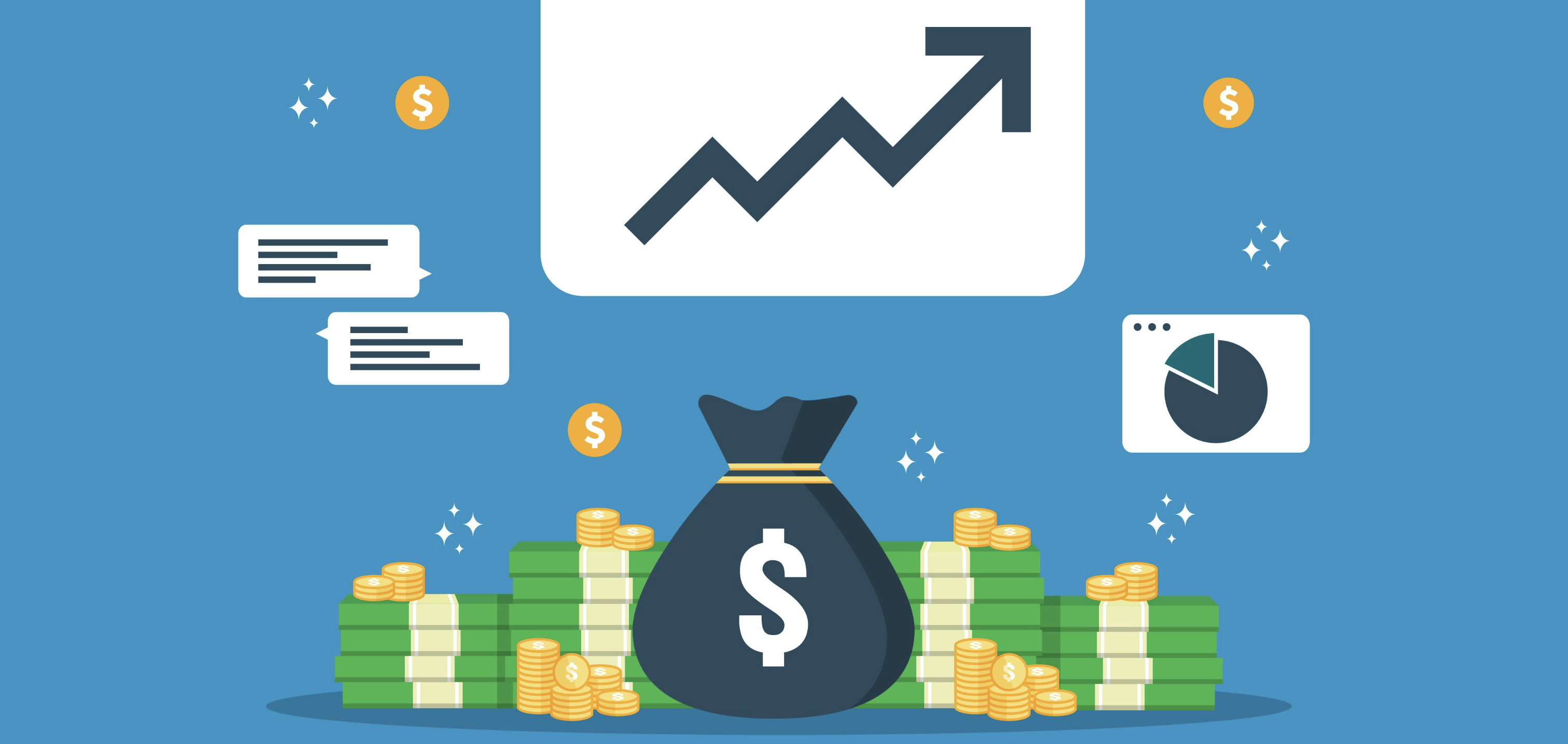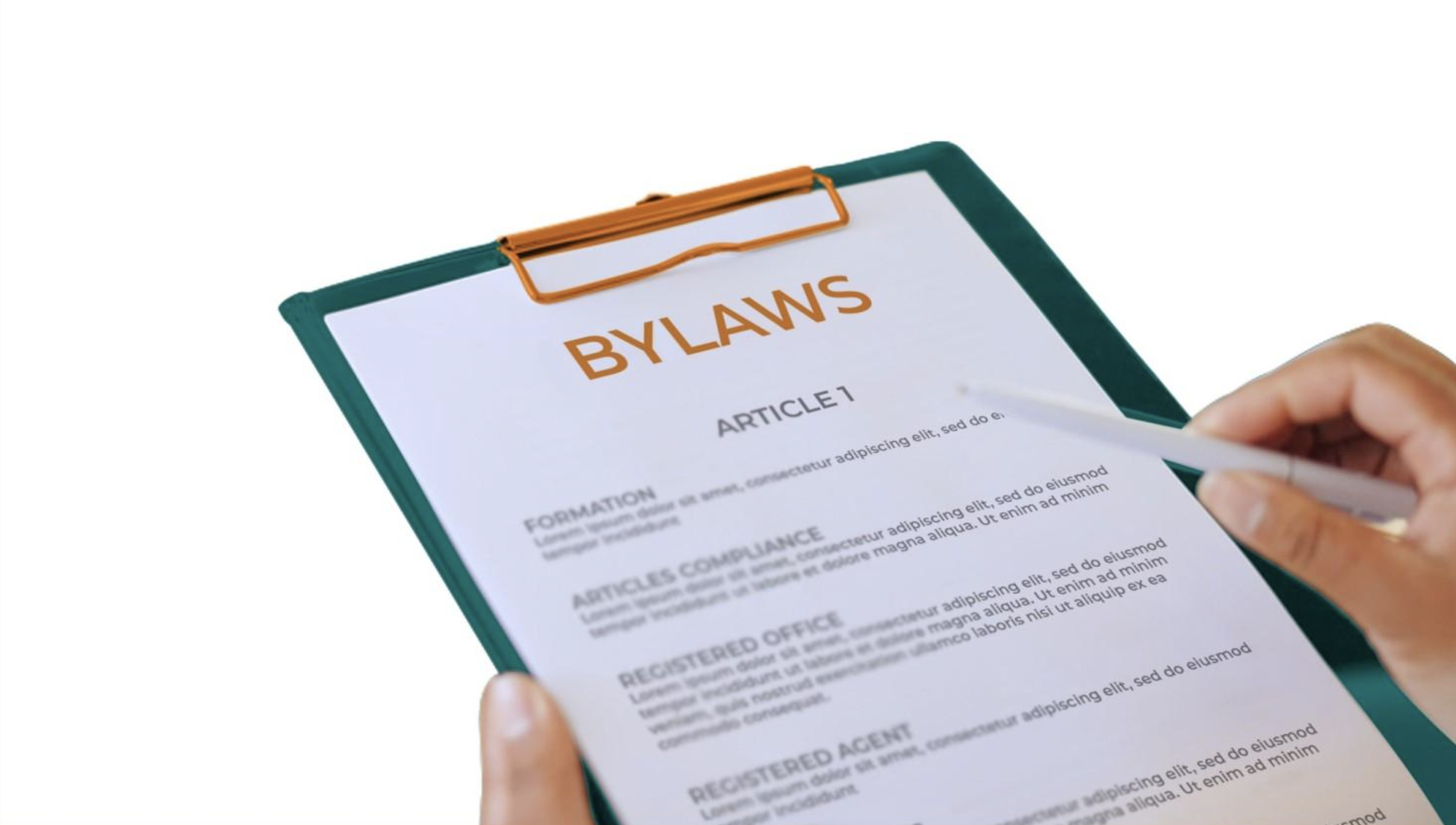
Does My Booster Club Need to Collect Sales Tax?
Does My Booster Club Need to Collect Sales Tax?
It’s easy to crunch numbers when you are calculating your favorite student athlete’s RBI or rebound average for the season. If you have been part of your booster club for a while, you can probably run through these formulas with your eyes closed.
But when it comes to taxes, you undoubtedly have some questions. This is understandable — your booster club has to adhere to both state and federal tax laws, which can make things a bit confusing. Figuring out whether you need to collect sales tax can be particularly tricky, as some items are tax-exempt and others are not.
Is Any Booster Revenue Tax Exempt?
Most booster clubs are considered nonprofit organizations. As such, they don’t pay any federal income tax. However, this does not exempt them from other taxes, such as sales tax.
For the most part, booster clubs will need to collect and pay sales tax on at least some of the items they sell. This includes things like shirts, some food items, and other consumer products.
The good news is that many states provide booster club revenue exemptions, but some do not. In order to learn more about sales tax rates in your own state, view this Concession Stand Sales Tax Rules by State chart.
Sales tax rates are not the only thing that fluctuate from state to state. Each state also has its own rules regarding which tax exemptions booster clubs are eligible for.
If your state does offer an exemption for your booster club, it probably comes in the form of a “concession sales exemption.” States with this exemption do not require booster clubs to charge any sales tax when selling food and beverages at the concession counter.
Additionally, your club may be able to purchase some items that are exempt from sales tax. This can help you save money when buying items for club-sponsored events.
Federal vs. State Tax Exemptions
Before we transition to the bottom of the ninth, it’s important to clarify the distinction between state and federal tax exemptions. Even if your state requires you to pay sales tax, your booster club is almost certainly exempt from paying federal income taxes due to its nonprofit status.
Still, it is important that your booster club consult with a tax professional. Additionally, you must keep detailed financial records after each event so you can track your total revenue and set aside the appropriate amount for any tax obligations. This will help you support the home team while also avoiding any penalties from the state. You don’t want tax penalties to add up to much more than you should have paid in taxes in the first place. Plus, your officers have a fiduciary responsibility that makes them responsible for errors incurred.
How to Maximize Booster Club Revenue
In addition to concessions and other limited sales tax exemptions, some states occasionally offer “tax-free” days. Familiarizing yourself with these tax-free days is an excellent way to generate more revenue for your team or group. You could capitalize on tax-free days by scheduling fundraisers or other events on those dates. For instance, you could book a car wash, a BBQ, or another single-day event to avoid rerouting any funds to cover state taxes. If you hold an event on one of these tax-free days, you do not have to pay sales tax on the items you sell.
If your state offers tax-free days, it likely schedules several per calendar year. Some states even offer extended tax-free periods, such as tax-exempt weekends. Multi-day tax exemption periods present a prime opportunity to raise funds. It can be very beneficial to your club to find out exactly when these days are and to schedule your events accordingly.
Knowing Sales Tax Laws Is Critical
Raising funds for young athletes or fine arts students is a noble pursuit. However, if you want to do so effectively, knowing your state tax laws is vital. Once you better understand your state’s tax laws, you should also consider investing in a booster management platform such as BoosterHub. Top solutions have an abundance of features that will help you track revenue, comply with tax laws, and keep everyone on the same page. BoosterHub designs its platform to have “guardrails,” which increases the chance that your club’s operations are falling within the state and federal guidelines.
Combining the right tech with some tax law knowledge and tax expertise can make this year your most successful fundraising year yet. Plus, it will ease the worry of wondering whether you are doing things correctly and per the law.
Tax regulations for 501(c)(3) nonprofit booster clubs vary significantly across the United States. While some states offer broad exemptions for certain nonprofit activities, others impose specific requirements or limitations. Below is a general overview based on available information:



- Merchandise Sales: In many states, nonprofit organizations are required to collect sales tax on merchandise sales unless specific exemptions apply.
- Concessions Sales: Similar to merchandise sales, concessions (e.g., food and beverages) are often taxable, though some states provide exemptions for certain nonprofit activities.
- Membership Fees/Dues: The taxability of membership fees or dues varies by state and may depend on the benefits provided to members.
- Donations: Genuine donations, where no goods or services are exchanged, are generally not subject to sales tax.
Given the complexity and variability of state tax laws, it's essential for nonprofit booster clubs to consult with local tax authorities or legal professionals to ensure compliance with state-specific regulations.
Simplify Communications from App to Website




.png)